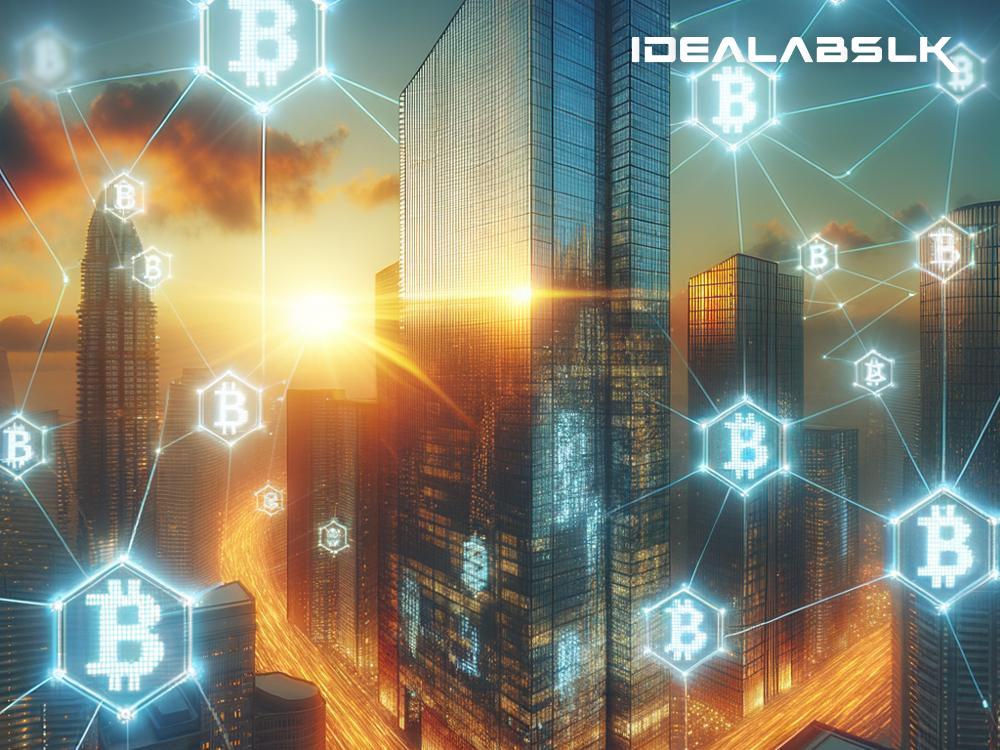Unlocking Global Real Estate Investment Through Blockchain: The Future of Tokenized Real Estate Assets
In the vast, complex world of investments, real estate has always been king. It’s tangible, holds intrinsic value, and, perhaps most importantly, it’s something almost everyone can relate to. Traditionally, diving into real estate investment has been a domain reserved for the well-heeled or institutional investors due to the high entry barriers and complex processes involved. But what if there was a way to democratize this, to open the gates of real estate investment to anyone around the globe with internet access? Enter the revolutionary concept of tokenizing real estate assets through blockchain technology.
The Basics: What is Blockchain?
Before we plunge into the deep end, let's simplify what blockchain is. Imagine it as a digital ledger or record book that is completely secure, transparent, and tamper-proof. It’s the technology behind cryptocurrencies like Bitcoin, but its potential applications reach far beyond. The decentralized nature of blockchain means that it doesn't rely on a central point of control, making transactions secure and transparent.
Enter Real Estate Tokenization
Tokenization is the process of converting rights to an asset into a digital token on a blockchain. When it comes to real estate, this means dividing property into shares that can be easily bought and sold on the blockchain as tokens. These tokens represent an individual's share in the property - essentially turning real estate into a more liquid form of investment.
How Does This Benefit Investors?
1. Accessibility: Traditional real estate investment requires significant capital upfront, but tokenized assets can be divided into smaller, more affordable shares. This opens the door for smaller investors to enter the market, breaking down the financial barriers that once limited real estate investment to the affluent or institutional buyers.
2. Global Participation: With blockchain, geographical boundaries blur. A student in India could invest in a real estate token representing a share in an apartment in New York. This global market not only enlarges the investor pool but also diversifies investment opportunities regardless of where you are in the world.
3. Liquidity: Real estate is notoriously illiquid, meaning it can take months or even years to convert into cash. Tokenization can change that by allowing shares of the property to be traded like stocks on an exchange, transforming real estate into a more liquid asset class.
4. Transparency and Security: The blockchain ledger provides a transparent, immutable history of transactions. This reduces fraud, ensures that ownership is clear, and streamlines transactions by cutting out many of the middlemen typically involved in real estate deals, potentially lowering transaction costs.
5. Fractional Ownership: Tokenization allows investors to own fractions of a property, diversifying their investment portfolio without needing to buy whole properties. This could also allow for investment in higher-value properties that would be unattainable for single investors under traditional circumstances.
Real-World Application and the Path Ahead
Several projects and companies are venturing into real estate tokenization, showcasing its potential. For example, platforms allow investors to buy tokens of various properties, democratizing access to real estate investments and providing a new form of asset for investors looking to diversify their holdings.
However, for this budding industry to flourish, regulatory clarity is necessary. Different countries are at various stages of providing guidelines on how these tokenized assets are treated, which affects their viability and security as investments.
Wrapping Up
The tokenization of real estate assets through blockchain technology holds the promise of making real estate investment more accessible, liquid, and global. While still in its early days and facing regulatory and technological hurdles, the potential for transforming how we think about and invest in real estate is immense. As this space matures, we may witness a shift in the real estate market dynamic, empowering a new wave of investors and bringing a fresh perspective to global real estate investment.
Tokenizing real estate assets is not just about turning properties into digital tokens; it's about unlocking opportunities for millions around the world – a significant step towards democratizing real estate investment. With the continuous evolution of blockchain technology, the future of real estate investment seems poised for a revolutionary change, making it an exciting time for investors worldwide.

